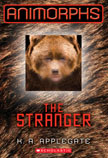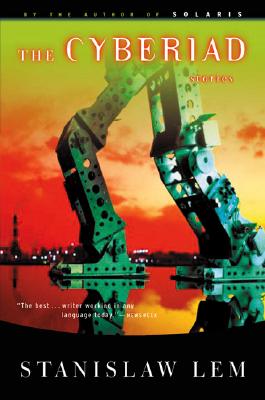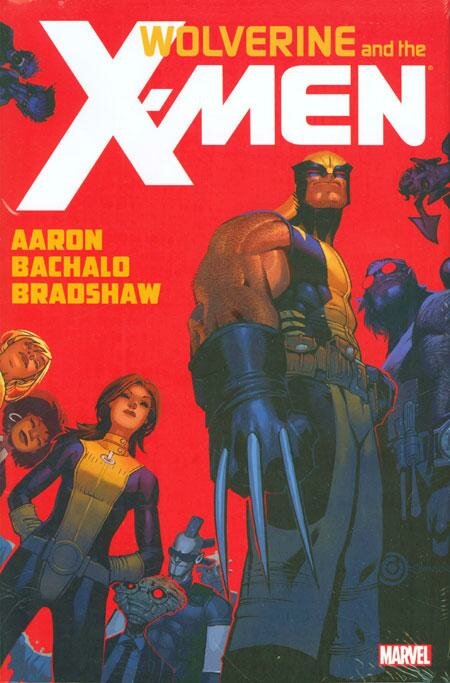"Wolverine has taken half the X-Men back to Westchester to start over with a new school and a new mission. Schism tore them apart, but can Wolverine lead the new Children of the Atom into the future? Only if they survive the new Hellfire Club and the return of another classic villain! Collecting: Wolverine & The X-Men 1-4"
This is the one of the two that I least expected to like.
Despite it having an artist I really enjoy I don’t really have any idea about
Jason Aaron before this – I'm aware of some of his previous work but he’s
someone like Dennis Hopeless who I know exists, but who just hasn't written
anything I’ve been interested in reading (although unlike Dennis Hopeless I'm
not viscerally appalled by the output of his I have seen).
The very concept of this is not something I was particularly
fussed about – I love the X-Men and I love X-School books, but Wolverine is a
character so overplayed in the past ten years that I instinctively try to avoid
books he’s appearing in.
Working in the youth sector I quite often get exposed to
some truly bizarre slang. My personal favourite is DBI, or ‘Don’t Beg It’ a
phrase used in conjunction with a withering look to let the recipient know that
their enthusiasm is offputting, and that they risk looking desperate if they
continue with whatever they’re doing – they’re begging for attention, and
should stop. Since the success of X-Men: The Movie, Marvel have pushed
Wolverine as THE X-Man of note. It’s a common joke that Wolverine’s real mutant
power is that he can be in multiple places at once, due to his presence on a
few X-teams, the Avengers, his solo titles and whichever monthly book needs a
boost.
So the idea that, post-schism, Wolverine has split from the
majority of the established X-Men to go and set up a school (The Jean Grey
School, just to rub it in Cyclops’ face that little bit further) doesn’t just
stretch credulity on the basis that this is a man who moonlights on a black-ops
team that seeks out potential threats to mutantkind and murders them. Quite how
he can be headmaster of a school (presumably on a normal teaching schedule)
whilst also enforcing world peace with an Avengers team that he’s still
nominally part of and teaming up with whichever character has seen drooping
sales is beyond me.
So, Marvel, from the start; DBI. Wolverine is overplayed.
Unless it’s a relaunch of the incredible ‘Wolverine and the X-Men’ cartoon that
was cancelled a few years back I am not interested in anything that has
Wolverine in the title.
Except.
This comic is brilliant.
I really never expected this but somehow of the two X-titles
I picked up (Gillen’s Uncanny X-Men was the other) this is the one I loved.
It’s not hard to put my finger on what I loved about it, but
it’s definitely a surprise to me. It’s not the art – whilst I like Chris
Bachalo a lot, and think that some of his X-Men art is superb, his style isn’t
a good fit for this book. His messy, living characters need more room to
breathe and it’s noticeable that he’s at his best when dealing with more
established, monstrous characters; his Wendigo, Krakoa and Ice Men are
excellent, but his Wolverine frequently looks too bestial to fit with the
school look that is being pushed, and there’s on panel in the second issue
where he’s either twist his entire head round or the arms have been drawn on
the wrong way. Either way, it’s not his finest. Things pick up a lot once
Bradshaw steps in, and his art is wonderful.
But by this point, despite some sub-par artwork, I was
already hooked because this is excellent, classic X-Men standard storytelling.
There’s a refreshingly wide cast, from Kitty Pryde and Iceman, to the students,
as well as a strong debut from the new Hellfire Club.
Normally Wolverine doesn’t work especially well alone
because he requires something to rail against. It’s one of the reasons why the
classic Cyclops/Wolverine argument works so well; Scott is all about control
and Logan is barely suppressed rage. They’re the classic straight-man-fall-guy
of superhero dynamics. Without someone to rail against Wolverine doesn’t
especially work. He’s not interesting enough on his own, in part because he’s
not especially unusual compared to the majority of the Marvel Universe, where
nearly everyone is conflicted, and most heroes are happy to kill whenever it’s necessary.
But Aaron makes the great connection that the straight man
he’s raging against is himself. Wolverine’s most difficult battle is to try and
turn his back on that life and create a stable home for a bunch of superpowered
pre-teens.
At one point, there’s a cover of Quire (code name: Kid
Omega) with a graffiti sign behind him remarking ‘Do You Remember When
Wolverine Was Interesting? Me Neither’. It’s a pithy put down, but it’s not
quite right. Because this is where Wolverine is showing that he’s not begging
it. And he’s not been this interesting in years.
Also Try:
Joss Whedon, Astonishing X-Men
Grant Morrison, New X-Men
Brian Michael Bendis, All New X-Men and Uncanny X-Men
Christos Gage, Avengers Academy












%5E0%5E634958937296651250.jpg)









